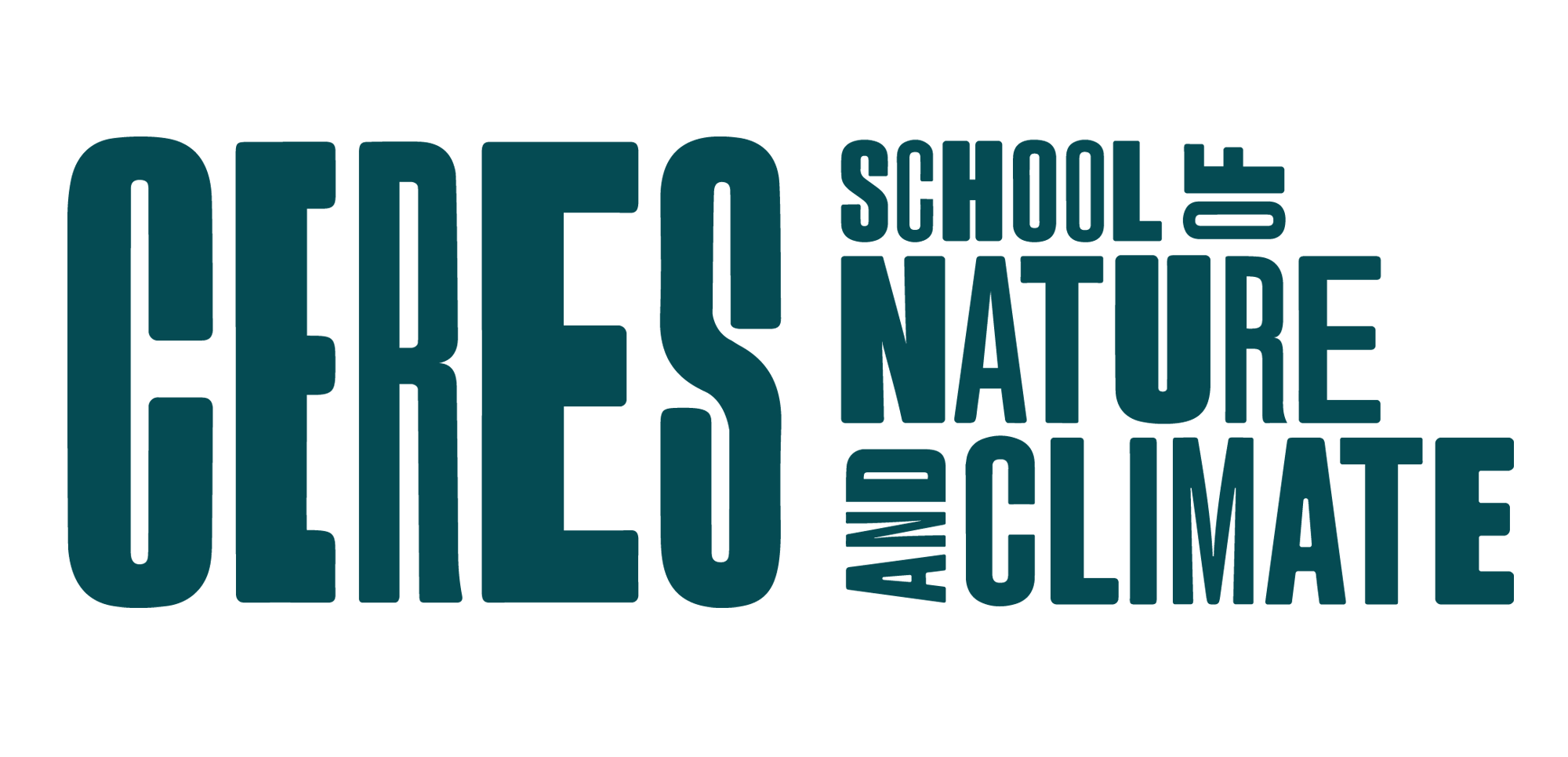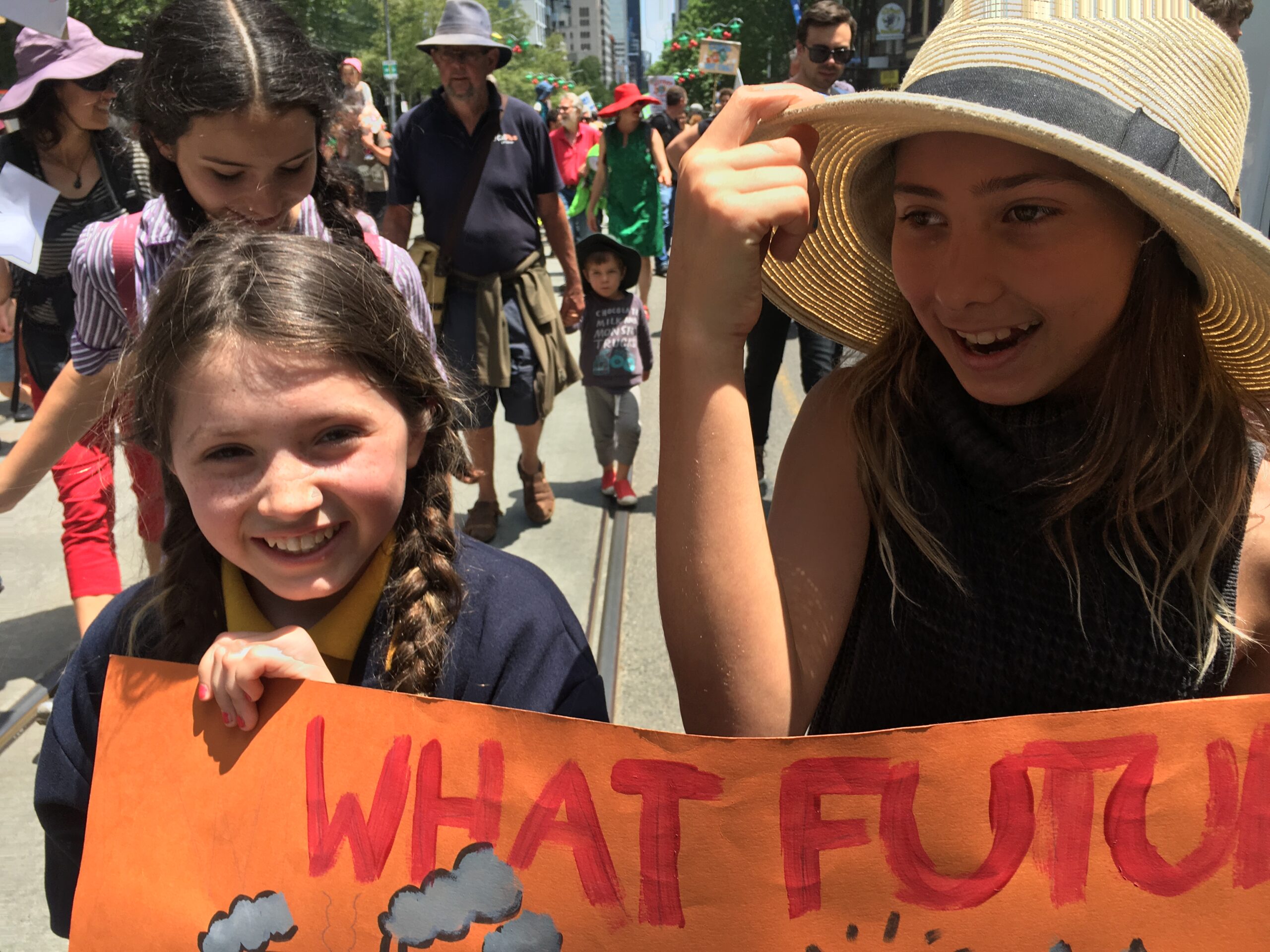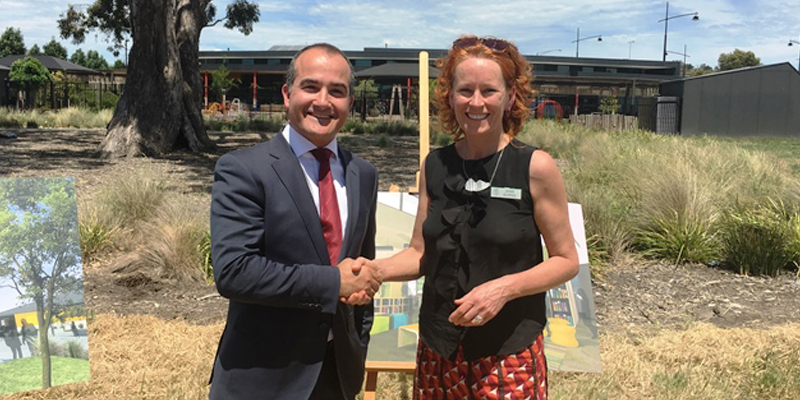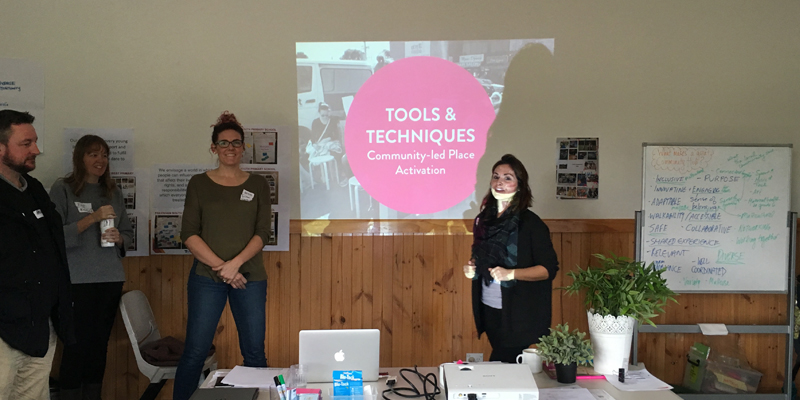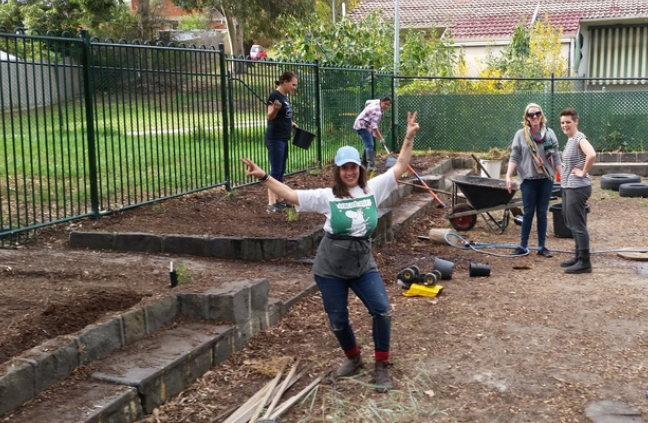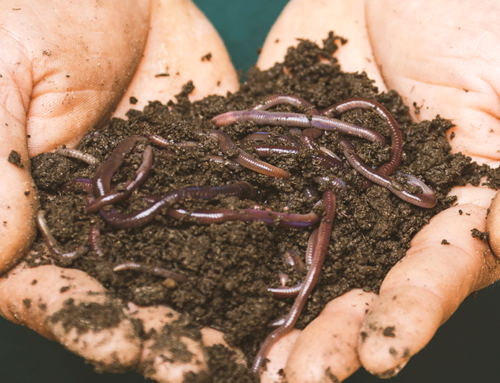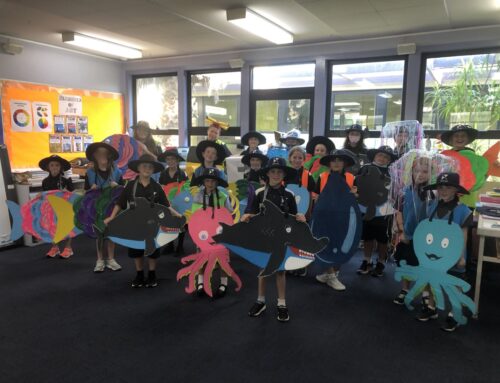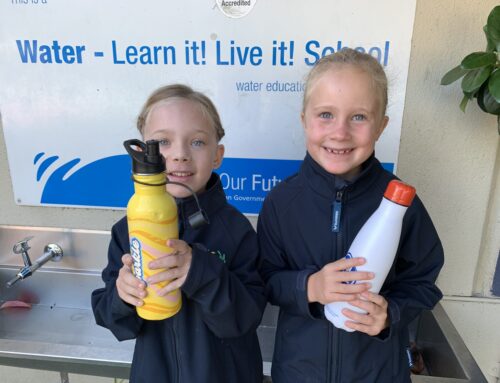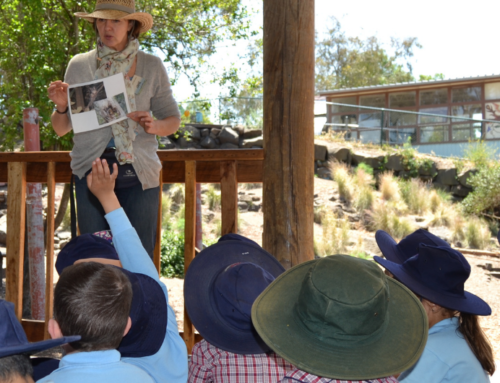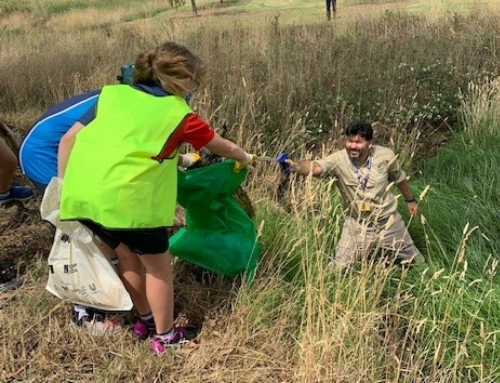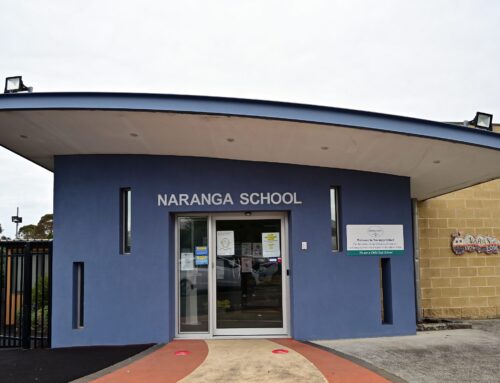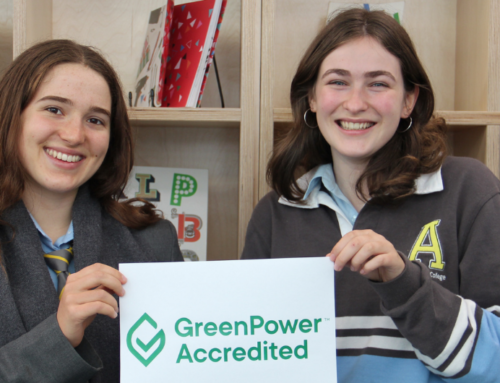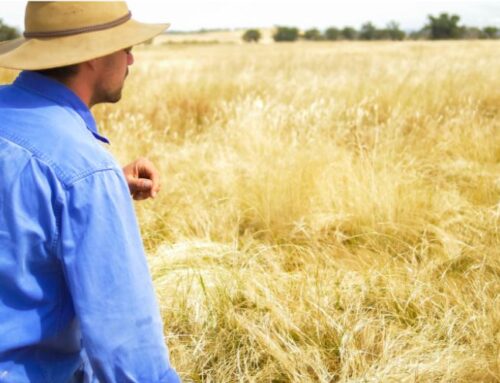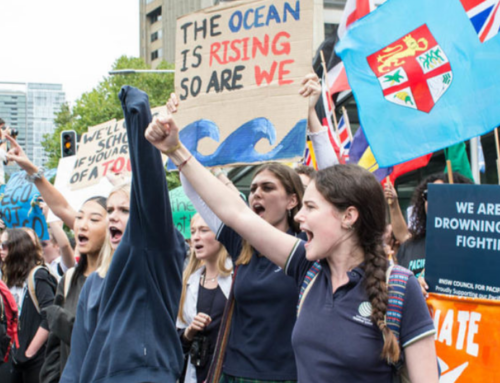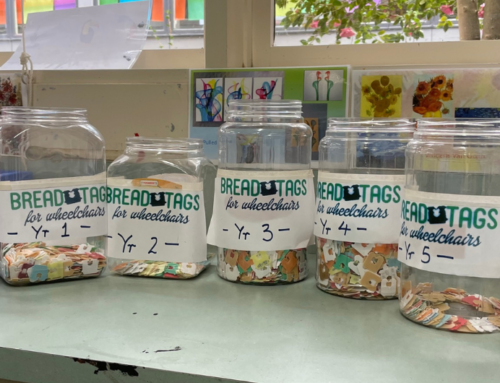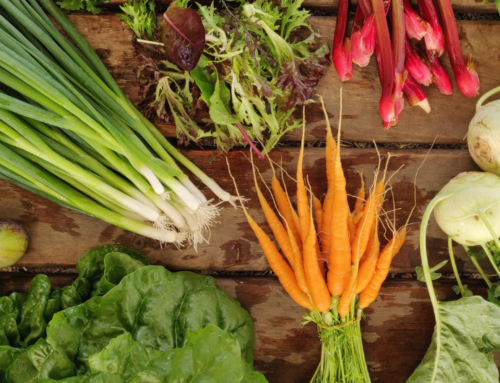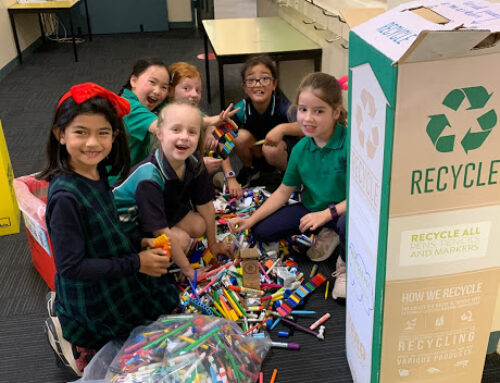By Shane French
Excursions & Incursions Manager
What is trade? Well, simply put, trade is the buying and selling of goods and services. This can occur between neighbours, friends, family, households, towns, cities, states and countries.
So what makes trade fair or unfair? Just because it doesn’t have the Fairtrade logo does that mean the workers have been paid poorly to work atrocious conditions? Well, yes and no. There are many companies doing great things, it’s just a matter of finding them.
Our global “free” trading system has lead to massive global inequality and wealth distribution that heavily favours minority world countries such as Australia, the U.S.A and much of Europe (these countries are sometimes labelled “first world countries” which comes with it’s own set of issues which we’ll get to another time).
CERES strives to put environmental and ethical principles at the forefront of all our purchasing decisions. Whether it is the stock for our Market and Grocery, the ingredients for our restaurant menu or the equipment we use in our education programs. All of this can take a lot of research and tie to find the most ethical manufacturers, distributors, companies, farmers and so-on.
This is fine and dandy for an organisation like CERES to be ethical, it’s our job to do that, but on an individual, day-to-day level, people have incredibly busy lives and simply don’t have time to scour the aisles reading every ingredient and investigate the ethics of the company that made their shoes. I struggle with these choices all the time, as a parent with two kids at primary school I am often confronted with choices of convenience and price vs ethics and sustainability (not to mention the constant pestering to buy stuff from my darling children!), unfortunately these things are sometimes at opposite ends of the scale. It can be a really tough one.
Publications like Shop Ethical’s Ethical Shopping Guide, Greenpeace’s Canned Tuna Guide, and the Good Shopping Guide can all assist you greatly in making more ethical choices. There are many great community resources such as local farmers markets, organic grocers, wholefood and organic shops as well as online ethical retailers that play a huge role in our local and global economies. There are many benefits to shopping at these kind of places, many small markets buy directly off the producers, money stays in the local economy, the people producing the goods generally have better working conditions and are paid better, and it just down right feels good.
As an individual living in a modern market economy; you have massive amounts of power over the companies that rely on your business, and can directly influence the working and living conditions of those providing you with the good or service. We have all heard and seen sandwich boards out the front of shops encouraging us to “Think big, Shop Small” and “Your dollar is your vote”, “Money spent local stays local” etc. These sandwich boards are correct. The Apple corporation and Facebook are prime examples of consumer power. In the mid 90’s, Apple was on the brink of bankruptcy, then came the late 90’s iMac, the iPod and iPhone following that. They did not become the global powerhouse they are now because they simply produced those products, it happened because lots of people bought those products; if no-one had bought any of their stuff, they may have still gone bankrupt. And until late 2008 MySpace was the place to be, and look how that turned out.
Through purchasing ethically sourced products for your photocopiers, staff rooms, canteens, sports equipment and uniforms, through to hosting farmers markets, growing food at school and taking students on field trips to places like CERES, schools have boundless opportunities to instill in their students, teachers and parents the huge power they have to make a difference in our world. These decisions won’t only change the school community, but your whole community.
Sustainability and ethical purchasing is a journey, enjoy it!! And remember CERES is always here to help!! Get on the CERES Sustainability HUB and check our fabulous list of partner organisations, and become a ResourceSmart School. You can even come and visit our park with your school, book in a Fairtrade and E-Waste lesson, visit the organic farm and market, and immerse your students in a day of ethical thinking and action!!
Check out the following links:
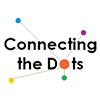
CERES Education Partners – https://school.ceres.org.au/resourcesmart/our-partners/
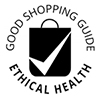
The Good Shopping Guide – http://www.thegoodshoppingguide.com/
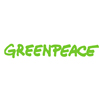
Change your Tuna – http://changeyourtuna.org.au/
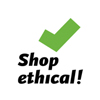
Shop Ethical – https://www.ethical.org.au/3.4.2/
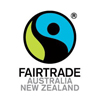
Fairtrade Education Resources – http://fairtrade.com.au/Education
